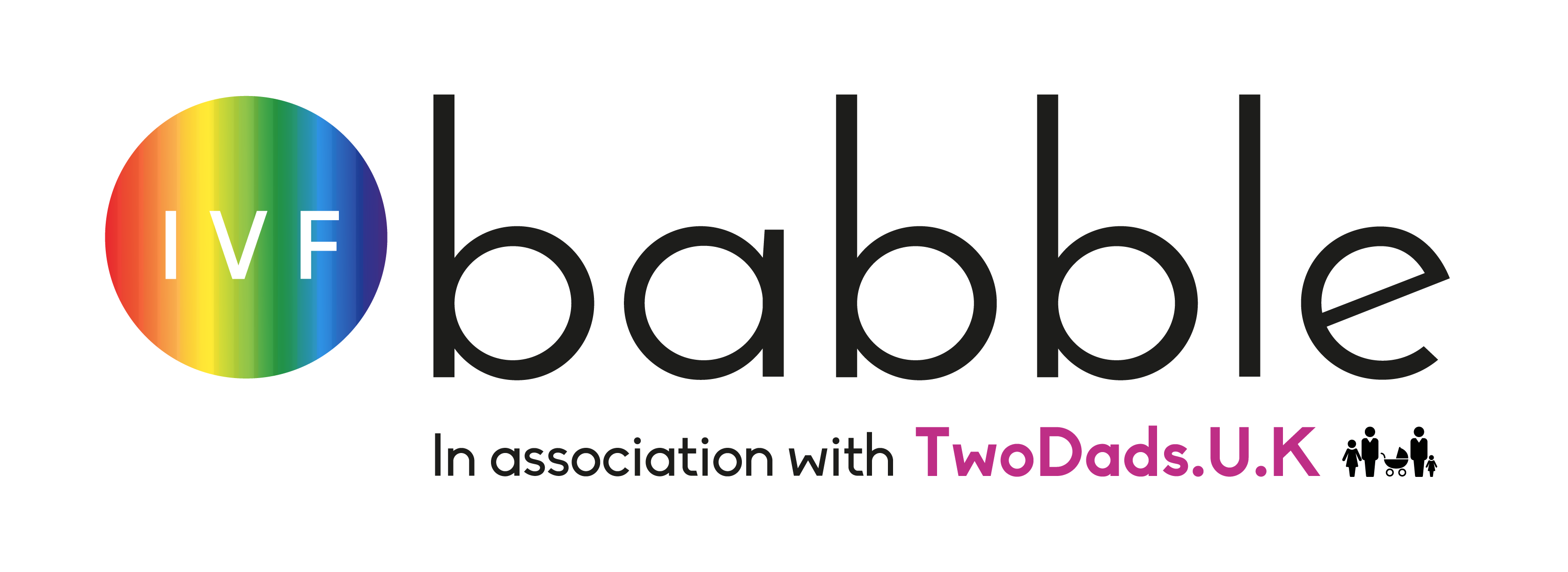We had many interesting and thought-provoking conversations at the Manchester Fertility Show and one of the most intriguing was on the subject of employees’ rights when on a fertility journey
So we decided to take a look into what couples can expect from a work prospective when going through IVF or fertility treatment.
Many people may decide to keep what they are going through private, which is quite common, but what if you need to take time off for scans, blood tests or egg collection?
We spoke to head of employment law at Stephensons law firm, Philip Richardson, who gave us the lowdown on employees’ rights.
Those undergoing IVF treatment are likely to experience a high deal of stress and anxiety in relation to the process itself. As such, it is important that employers are aware of their obligations towards those people and how they sit alongside other pregnancy protections.
Unlike employment legislation for pregnancy, maternity and paternity, there is no enshrined legislation that compels employers to give time off work for IVF treatment or any initial consultation.
As such, it follows that employers are under no legal obligation to pay the employee during any time off for IVF.
However, ACAS guidance on this point advises that “employers should treat medical appointments related to IVF the same as any other medical appointment under the terms and conditions of the contract of employment.”
Women are of course protected from pregnancy related unfair treatment and discrimination throughout the ‘protected period’. In the case of IVF, this protected period will only begin at the ‘implantation stage’, not before. This means that employers are unlikely to be liable for pregnancy discrimination in relation to any unfair treatment prior to the implantation stage.
Following implantation, there is a period of time under which the employee is, under UK employment law, considered ‘pregnant’ until such point as it is found if the IVF treatment is successful or unsuccessful.
If the employee becomes pregnant as a result of IVF, she is then protected against discrimination under the usual pregnancy and maternity discrimination until the end of her maternity leave. However, if the treatment is unsuccessful, the protected period will be extended for a further two weeks.
Employers should be careful not to treat an employee less favourably because of her decision to undergo IVF treatment
Even if a pregnancy does not result from the treatment, it is likely that the employee could successfully argue she had been subject to discrimination.
Employers should ensure they have robust policies and procedures in place and that line managers are fully briefed so that the organisation maintains a consistent and equitable approach to the growing amount of people going through fertility treatment such as IVF.
Have you experienced discrimination or unfair treatment at work when going through fertility treatment? We would love to hear from you. Email us on [email protected]








